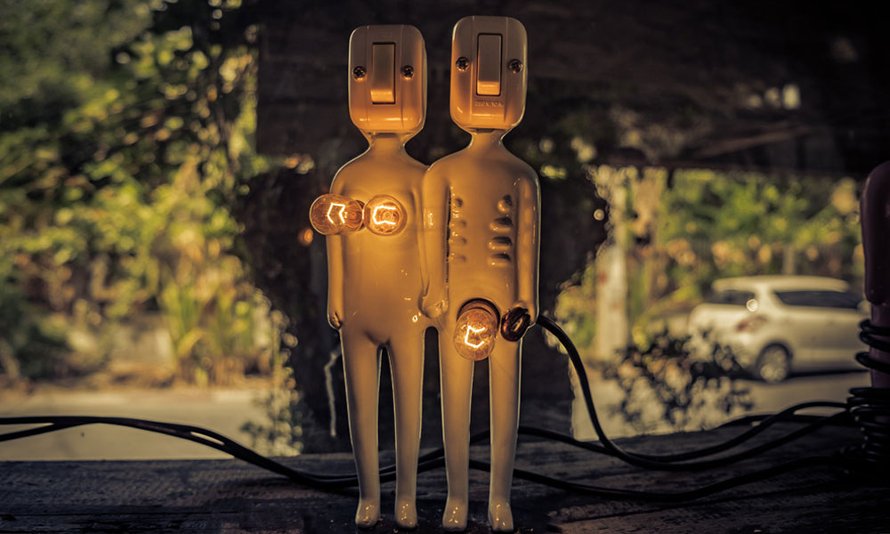This is how you give sex education to your child
Image: Unsplash
It is an essential part of any education: giving your child sex education. Uncomfortable? well no. That’s how you handle it.
Contents
How do you get started?
It is sometimes difficult to estimate when you can start talking about ‘the flowers and the bees’. Pedagogue Anna Jansen gives sexual education workshops to parents and pedagogical staff and advises that you can use questions or behavior from your children to tell them about sexuality: ‘To questions such as: ‘How does a baby get in your belly?’ can you just tell about a seed and an egg, a penis that goes into a vagina and that it feels nice. Children ask questions to discover the world and are curious. They want to know what’s going on, just like on so many other subjects. But with sexuality-related themes it often happens that adults find this uncomfortable and tell children that this cannot be discussed.’
Another tip
But waiting for your child to ask questions is not so much the right approach. Some children are just a little less open about this. Pedagogue Jansen: ‘Even children who do not ask questions have a right to information. So if your child doesn’t bring it up himself, you can use situations from the environment or school: Mees is in love with Berend – what about that? Who can you all fall in love with? You can marry a man or a woman, and so on. In order to give something about heterosexuality and homosexuality.’
And what exactly do you say?
Be open, clear and honest. So don’t use veiled terms (yep, the flowers and bees) and say it like it is. Anna Jansen: ‘Be honest and expand your child’s word knowledge. For example, name all parts of the body. Be positive about this. Also name behavior that you see: ‘I see that you are touching your penis, do you like that?’ If you find it difficult to find the right words to talk about this with your child, there are very nice books written by Channah Zwiep and Sanderijn van der Doef, among others.’
Read alsoThis is how you talk to children about sexually transgressive behaviour
At what age should they know everything?
The guideline is that children should already know ‘everything’ before they are 8 years old. Anna Jansen: ‘They have then developed a blueprint about what sexuality means to them. Children often ask questions and notice from your response as an educator to what extent they are taken seriously, receive honest answers and whether or not the subject is loaded. So if you just answer your child honestly, there is a good chance that he will come back later to ask more or different things. The most important thing you give your child here is that sexuality can be discussed.’
What not to do
That’s easy: don’t punish or ignore things. ‘On the contrary, answer questions and behavior of your child, and thus guide the sexual development. What sexuality means to you also influences how you respond to sexually oriented questions or behavior of your child. If your toddler masturbates – masturbating can be done from infancy and is about relaxation and a ‘good feeling’ – and you reject this or even punish it, then you are giving your child that a nice sensation in the body and the feelings that this is not desirable or wrong. While you should actually tell your child that your body, and later sex, is something you can enjoy and have fun with’, advises pedagogue Jansen.
More Kek Mama? Subscribe now and take advantage of great offers!



